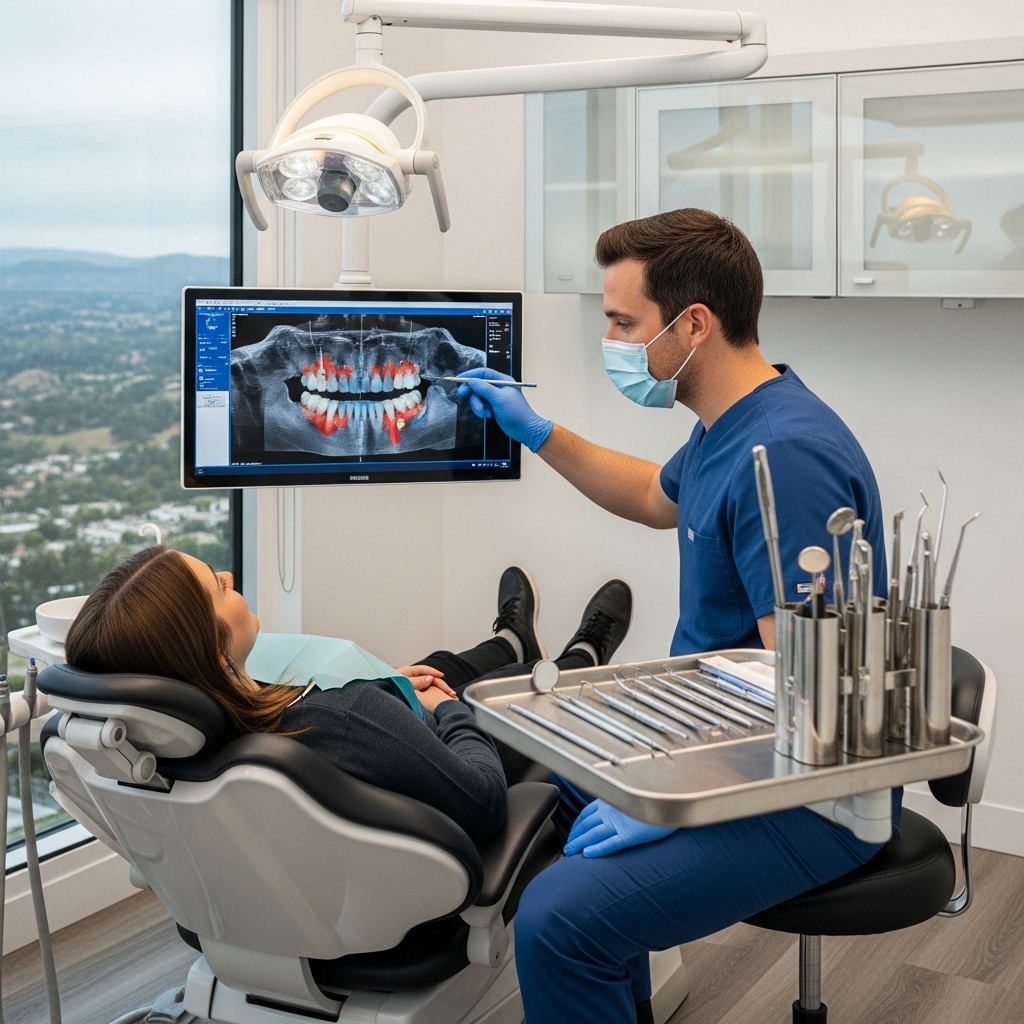Maintaining good oral health is essential for overall well-being, and preventive care is the cornerstone of a healthy smile. General dentistry provides essential strategies for protecting your teeth and gums, aiming to prevent the development of cavities, gum disease, and other oral health issues. By following a few simple yet effective general dentistry tips, you can ensure long-term oral health and minimize the need for invasive treatments.
The Importance of Regular Dental Visits and Cleanings
One of the most important general dentistry tips for maintaining oral health is scheduling regular dental check-ups and cleanings. Routine visits allow your dentist to detect any potential problems early, such as cavities, gum disease, or signs of oral cancer. Early detection helps prevent these issues from escalating into more serious conditions that may require extensive treatments.
In addition to check-ups, professional cleanings are vital for keeping your teeth free from plaque and tartar build-up. Even with diligent brushing and flossing, plaque can accumulate in hard-to-reach areas, leading to the development of cavities and gum disease. Dental cleanings remove this build-up, protecting your teeth and gums from infection and decay.
Brushing and Flossing: The Basics of At-Home Care
Proper brushing and flossing are fundamental practices for maintaining oral health through preventive care. Brushing your teeth at least twice a day with fluoride toothpaste helps remove food particles and plaque, which can contribute to tooth decay and gum disease. Be sure to use a soft-bristled toothbrush and replace it every three to four months to ensure optimal cleaning.
Flossing is just as important as brushing, as it helps remove food and plaque from between your teeth where a toothbrush may not reach. Flossing once a day is recommended to maintain healthy gums and prevent cavities between teeth. By incorporating both brushing and flossing into your daily routine, you reduce the risk of plaque build-up, cavities, and gingivitis.
Proper diet and hydration also play a role in maintaining oral health. A diet rich in fruits, vegetables, and calcium promotes strong teeth and gums, while sugary foods and drinks contribute to tooth decay. It’s essential to limit sugary snacks and beverages, as they provide fuel for bacteria that cause cavities. Drinking plenty of water helps rinse away food particles and bacteria, ensuring your mouth stays clean between meals.
Avoiding tobacco products is another important general dentistry tip for preventing oral health issues. Smoking and chewing tobacco increase the risk of gum disease, tooth loss, and oral cancer. By quitting or avoiding tobacco, you significantly reduce your chances of developing these serious conditions.
Preventive care also includes addressing other factors that may affect your oral health, such as bruxism (teeth grinding). If you suffer from this condition, a dentist may recommend a custom nightguard to protect your teeth from excessive wear and tear while you sleep.
By following these general dentistry tips, you can ensure that your oral health remains in top condition throughout your life. Regular dental visits, proper brushing and flossing, a balanced diet, and avoiding harmful habits all contribute to the prevention of dental problems. With preventive care, you can avoid the need for extensive treatments and maintain a bright, healthy smile for years to come.
Read More:
Why Preventive Dental Care Should Be Part of Your General Dentistry Routine
Preventive Dental Care: Key Steps in General Dentistry for a Healthy Smile





